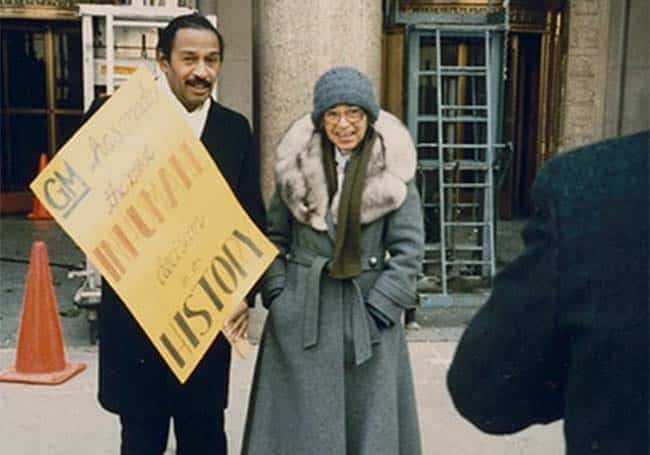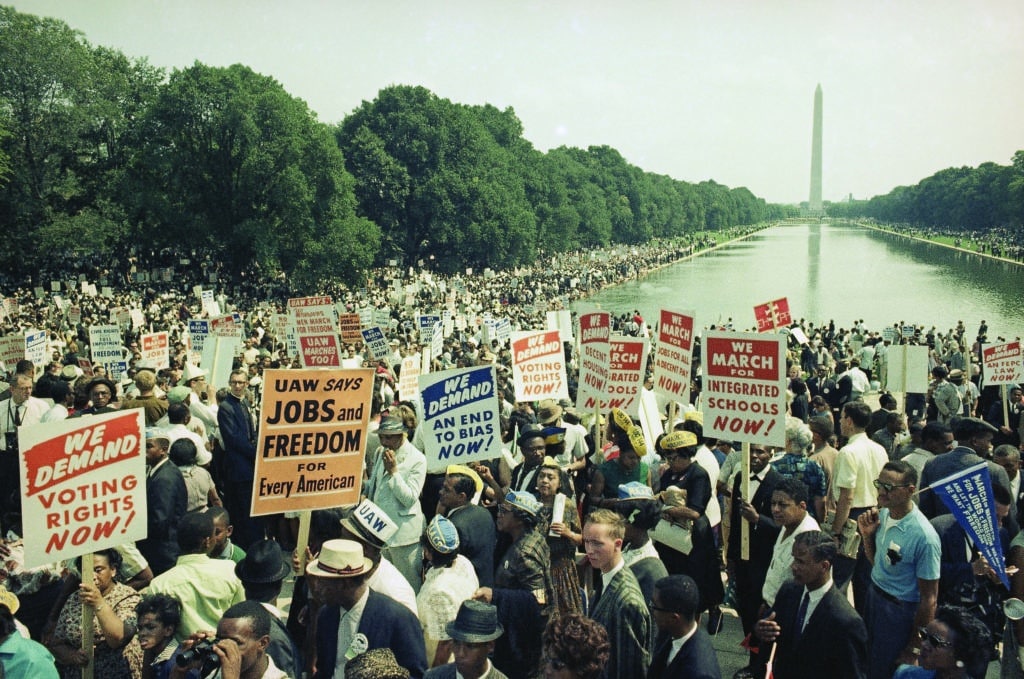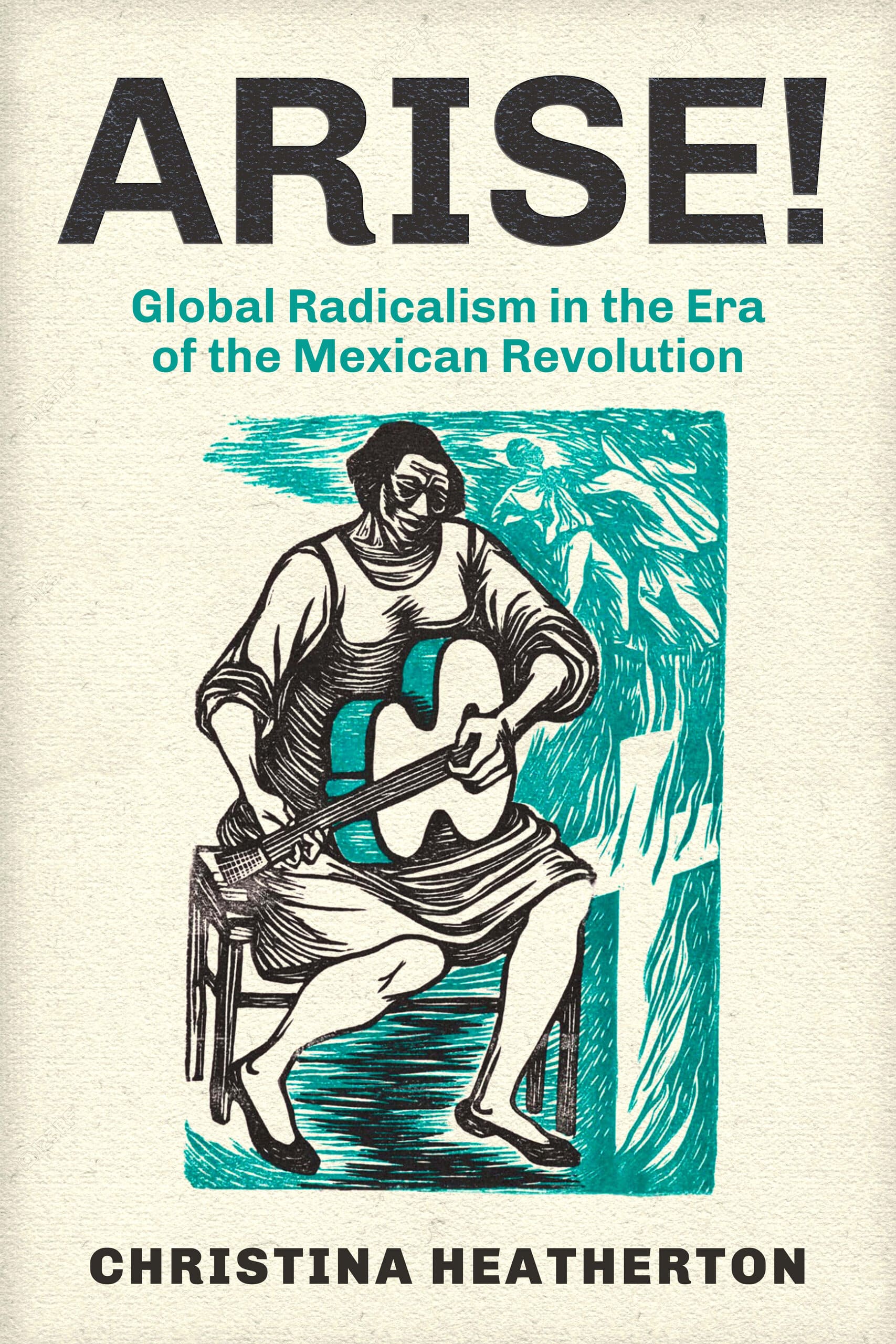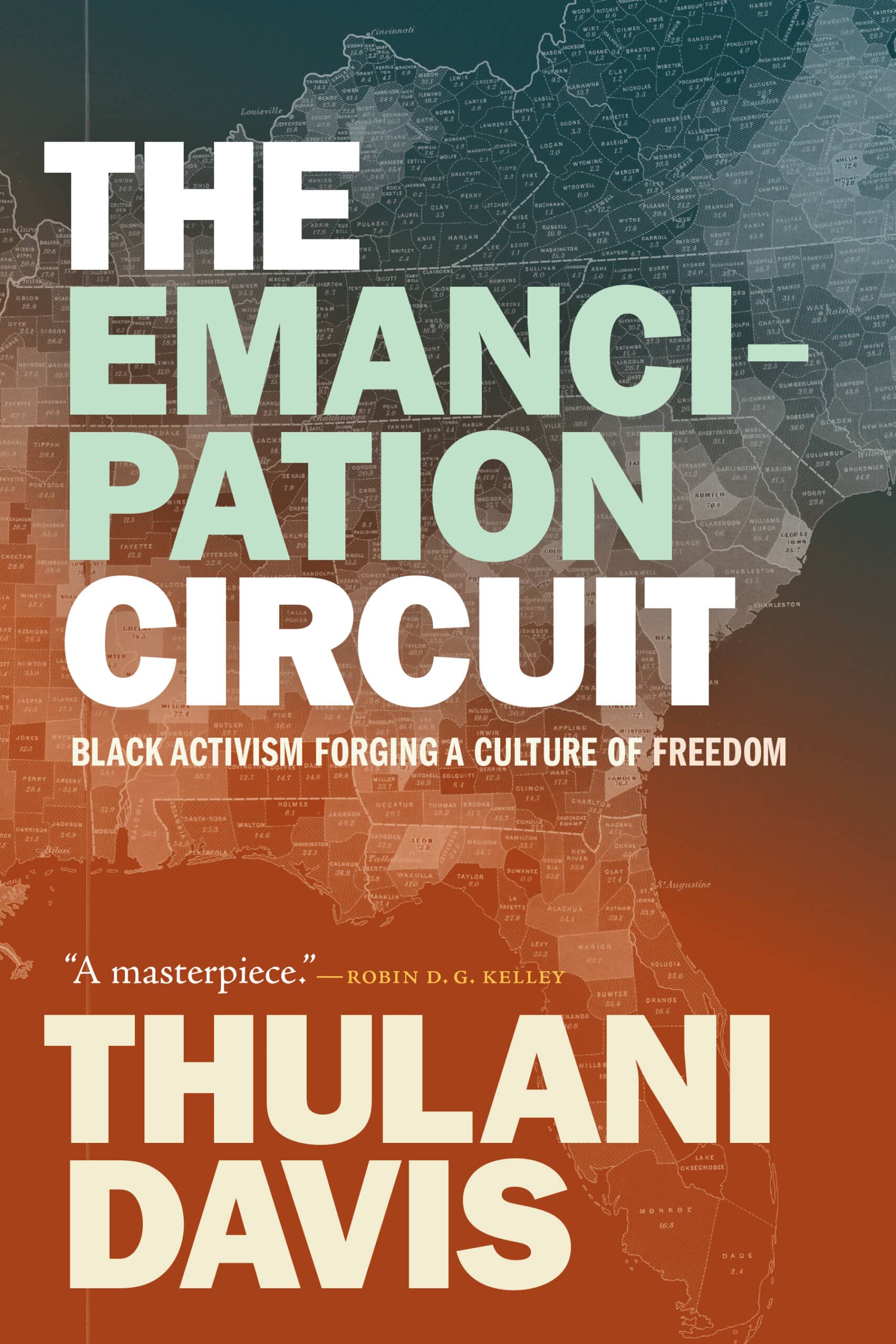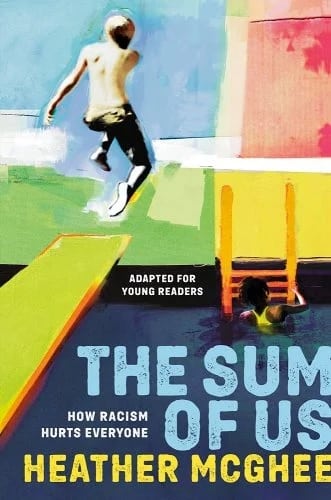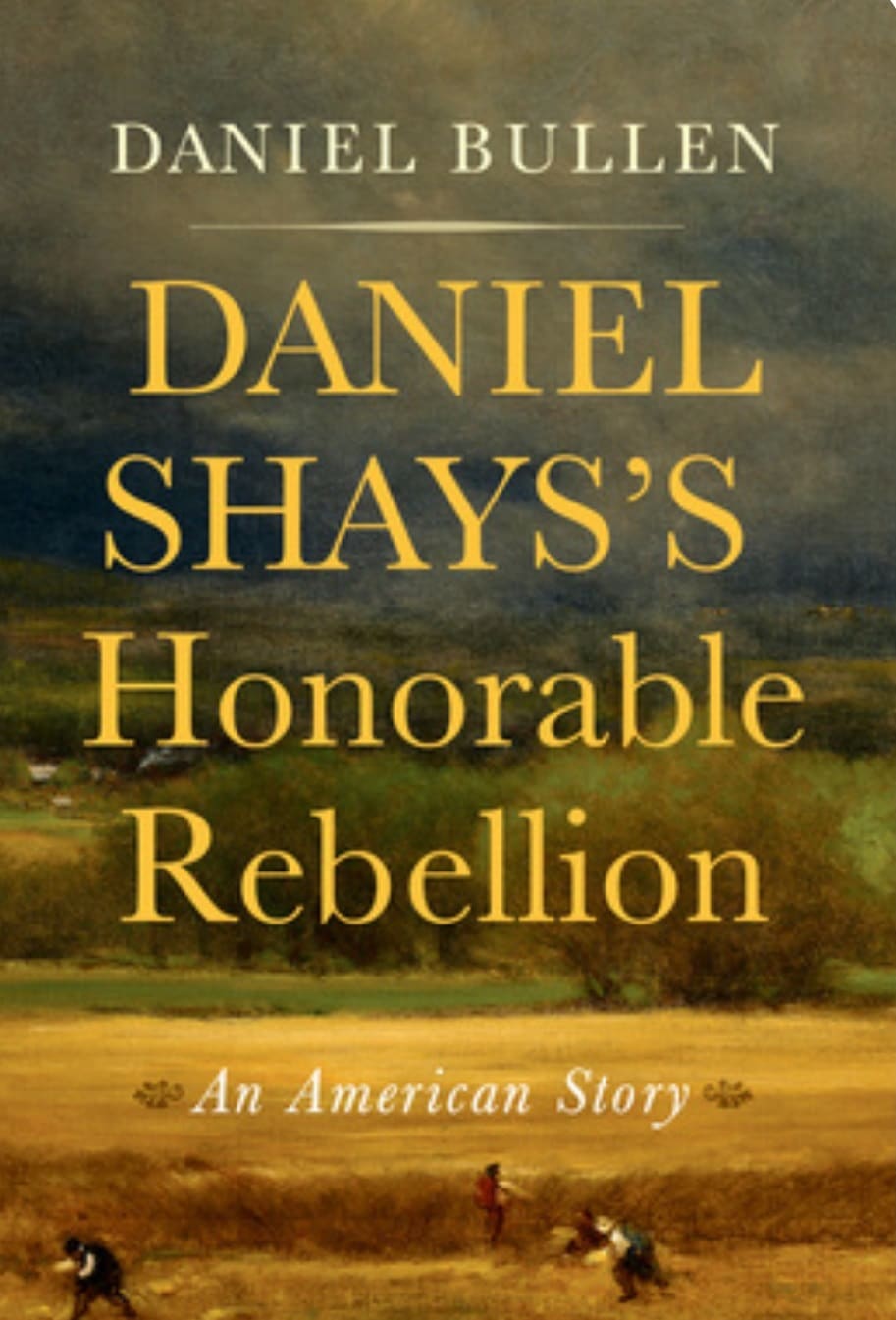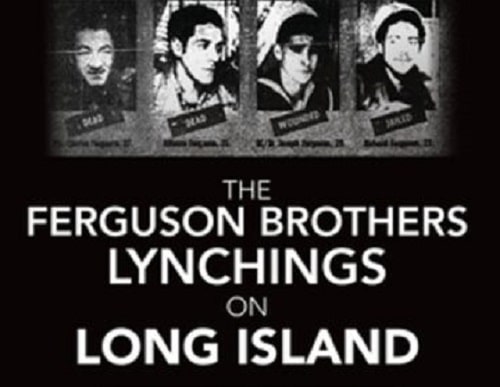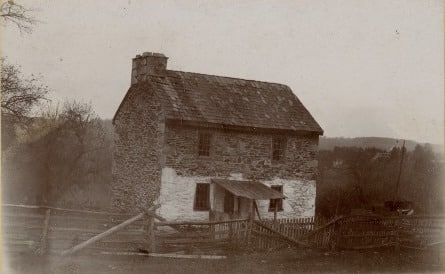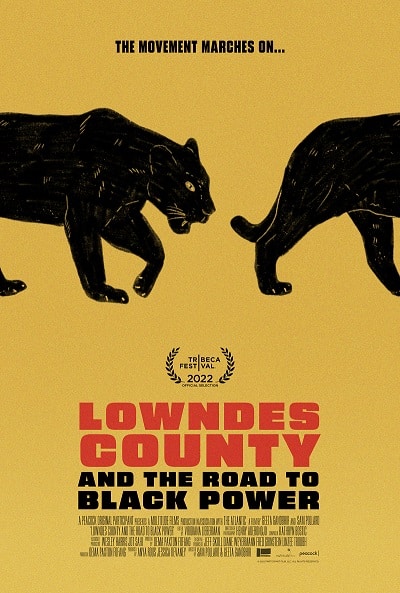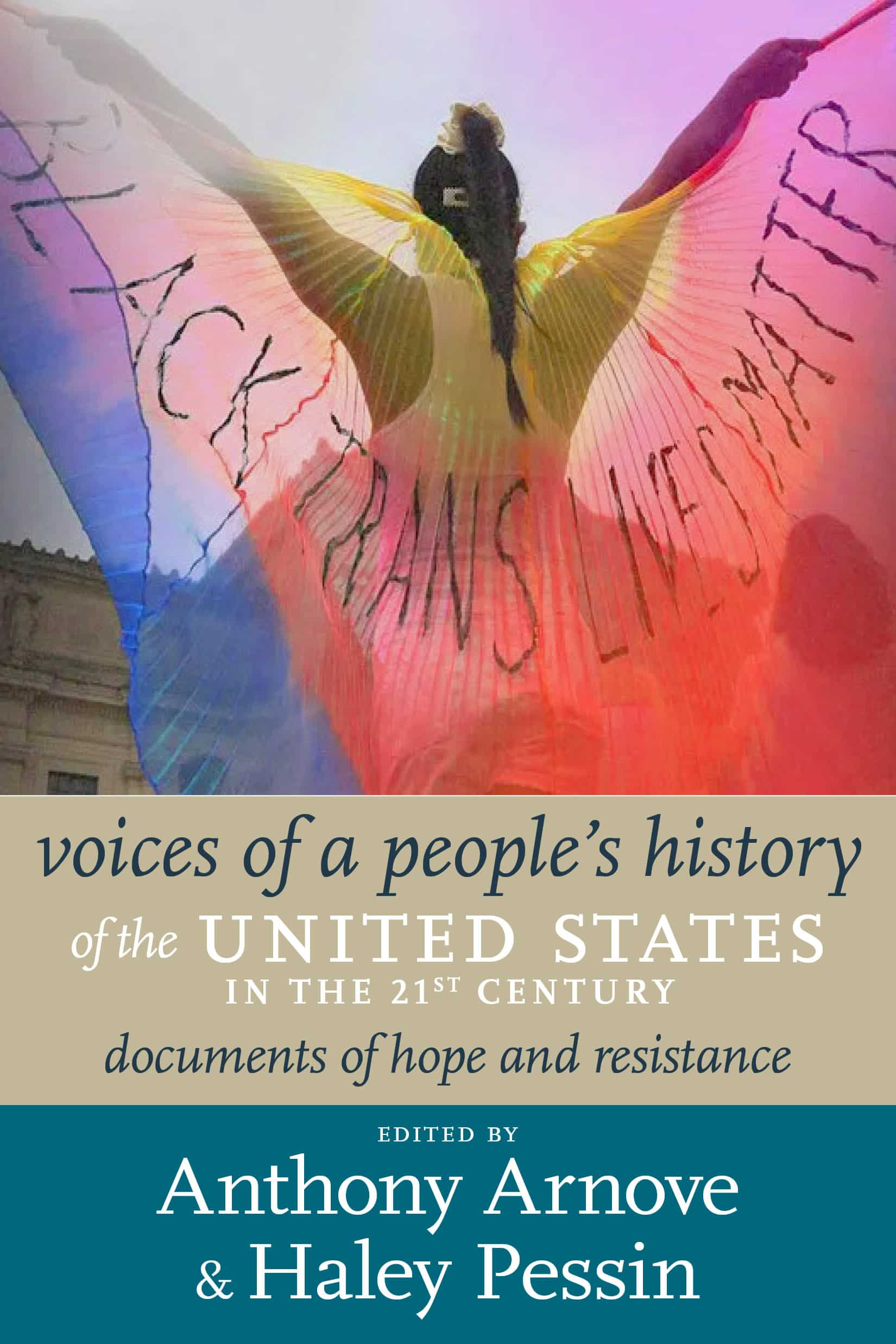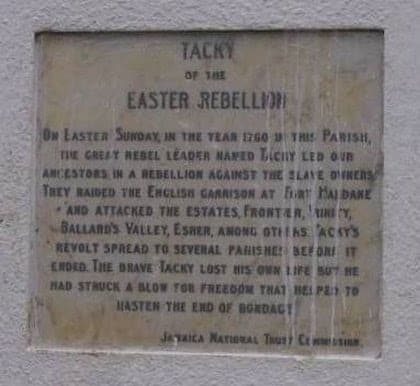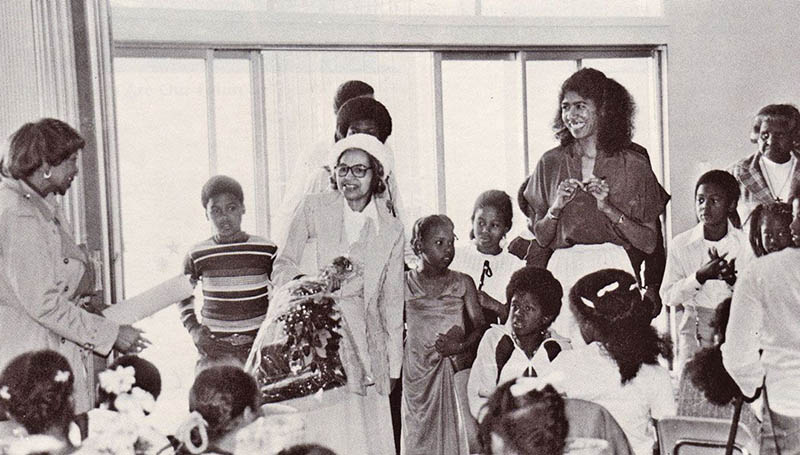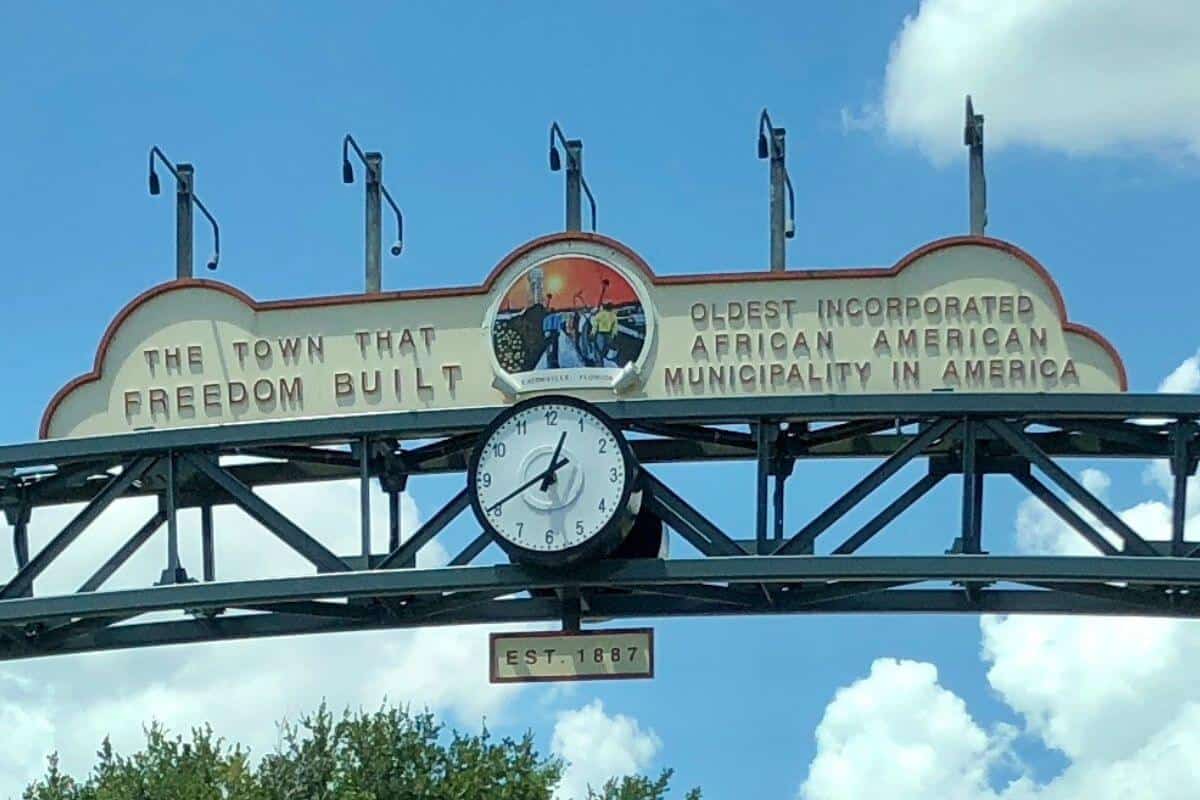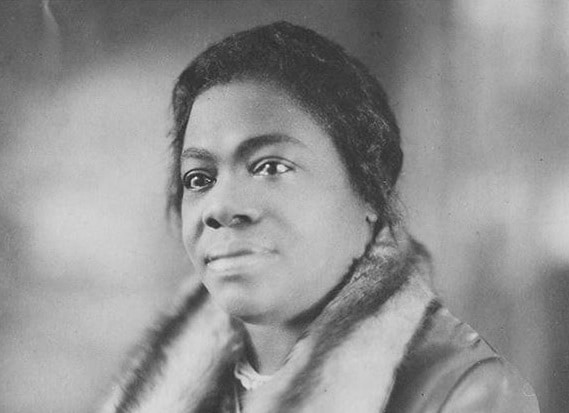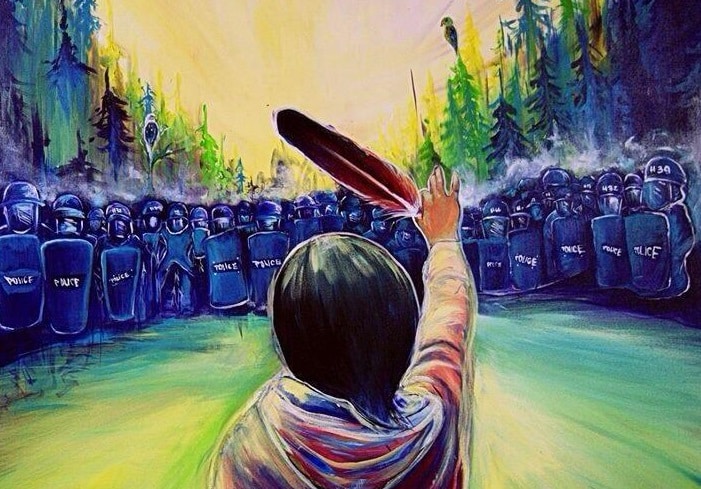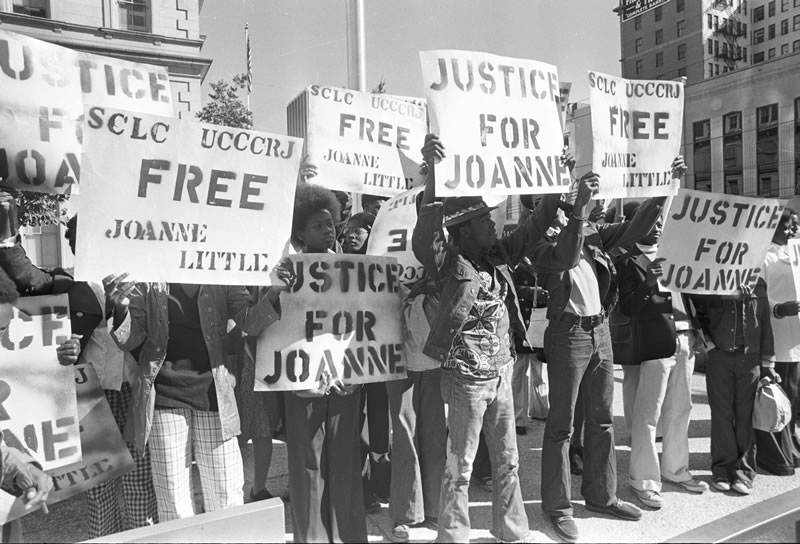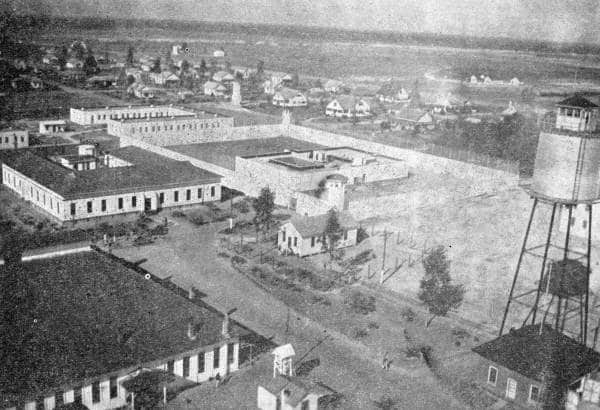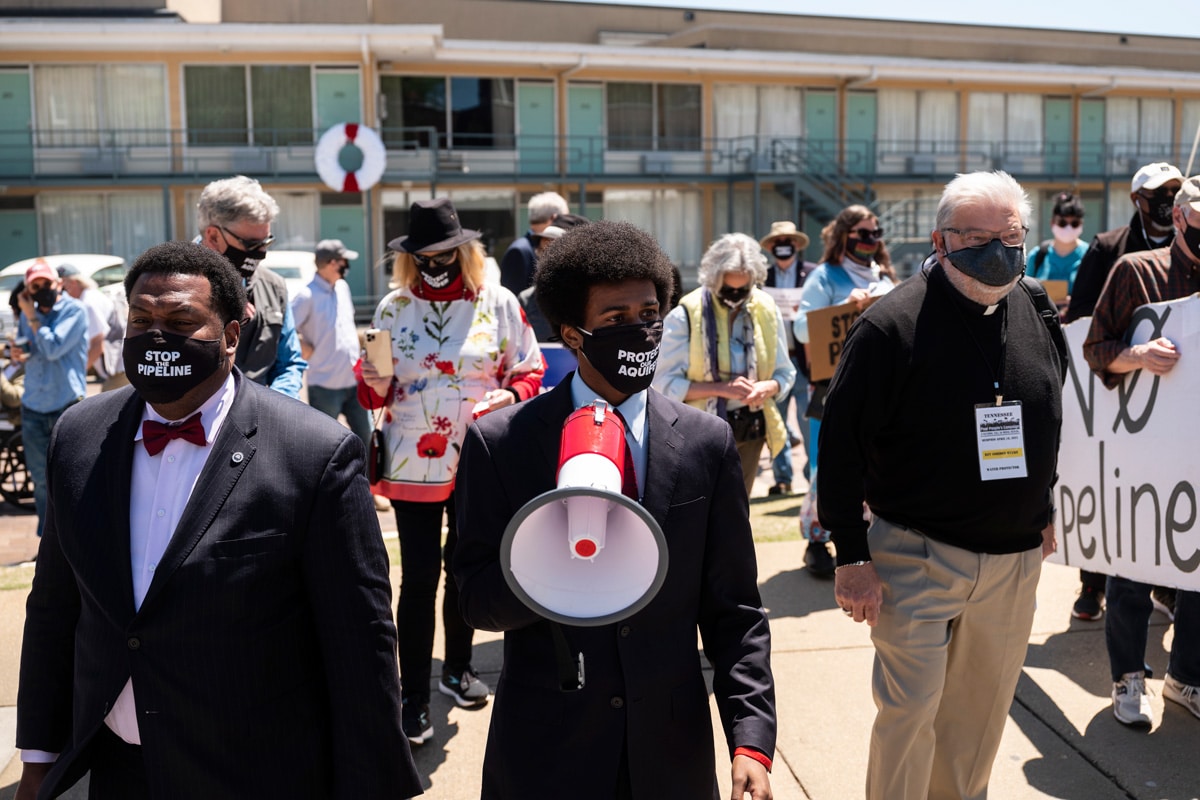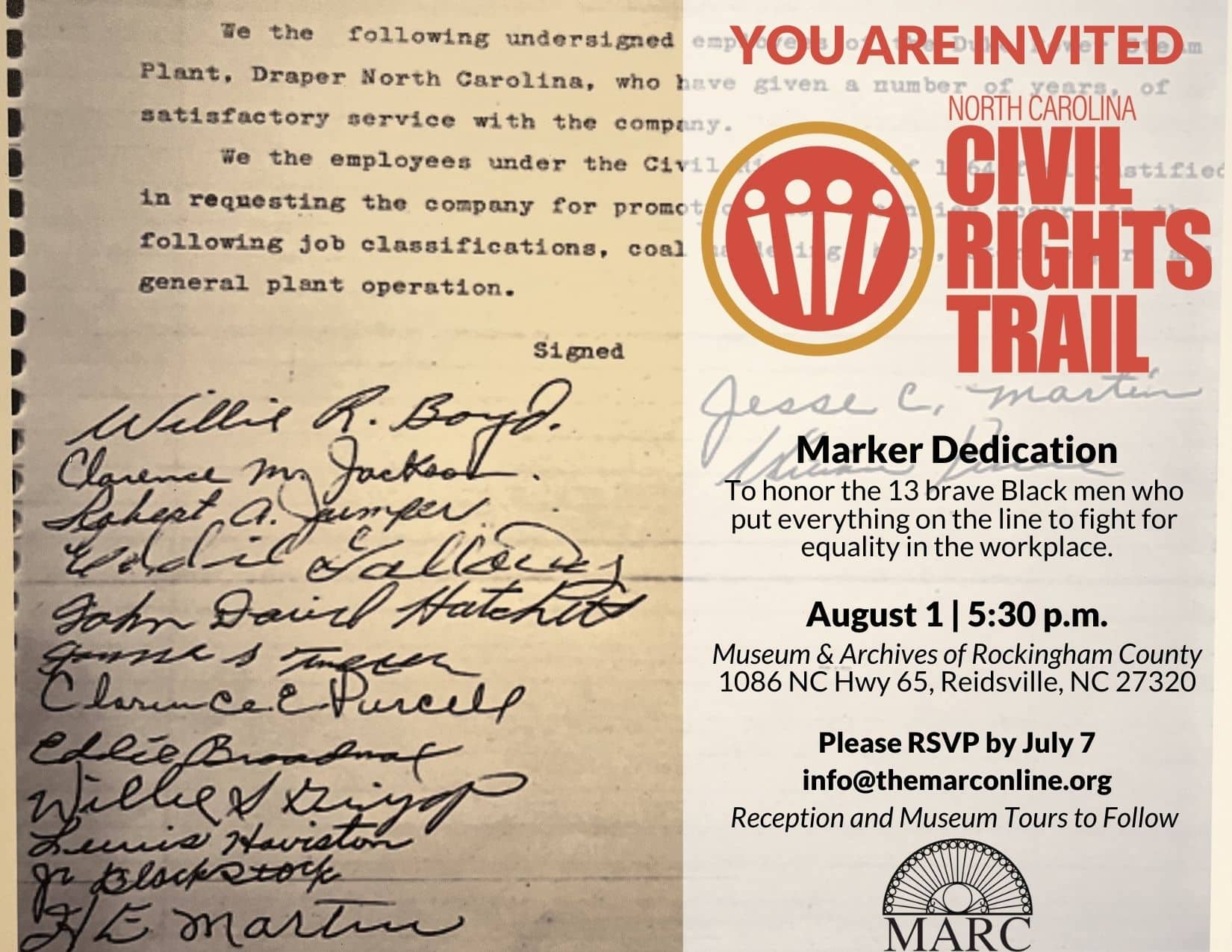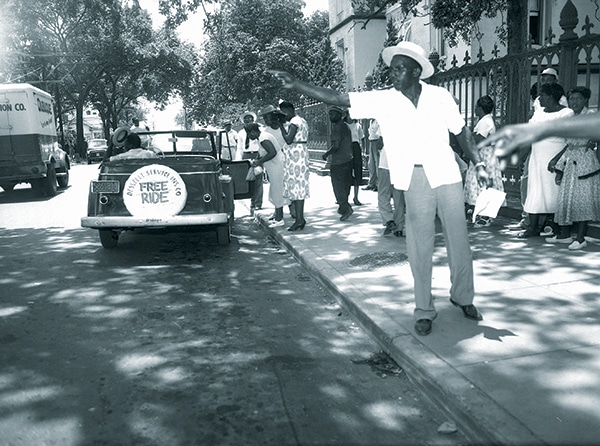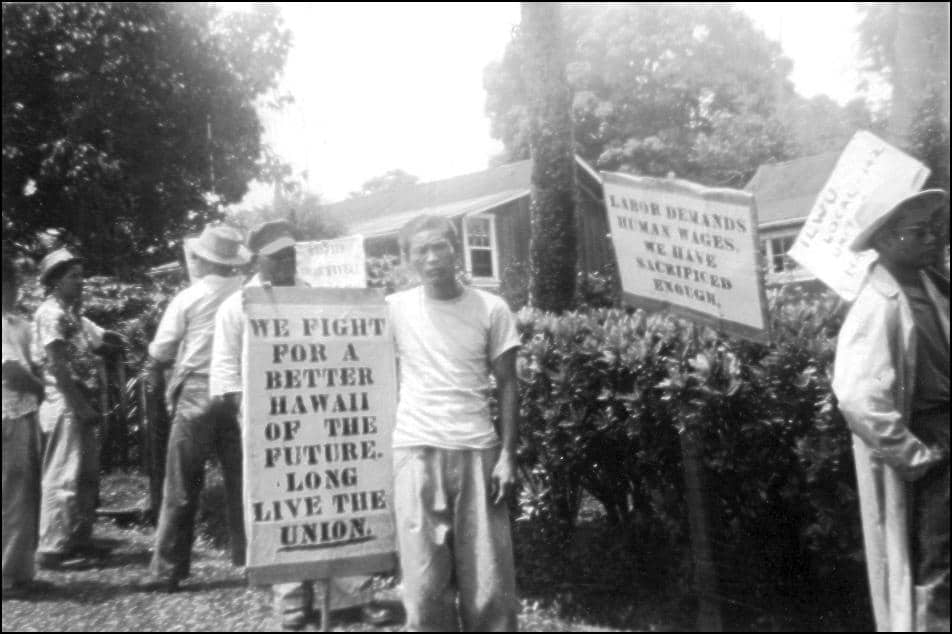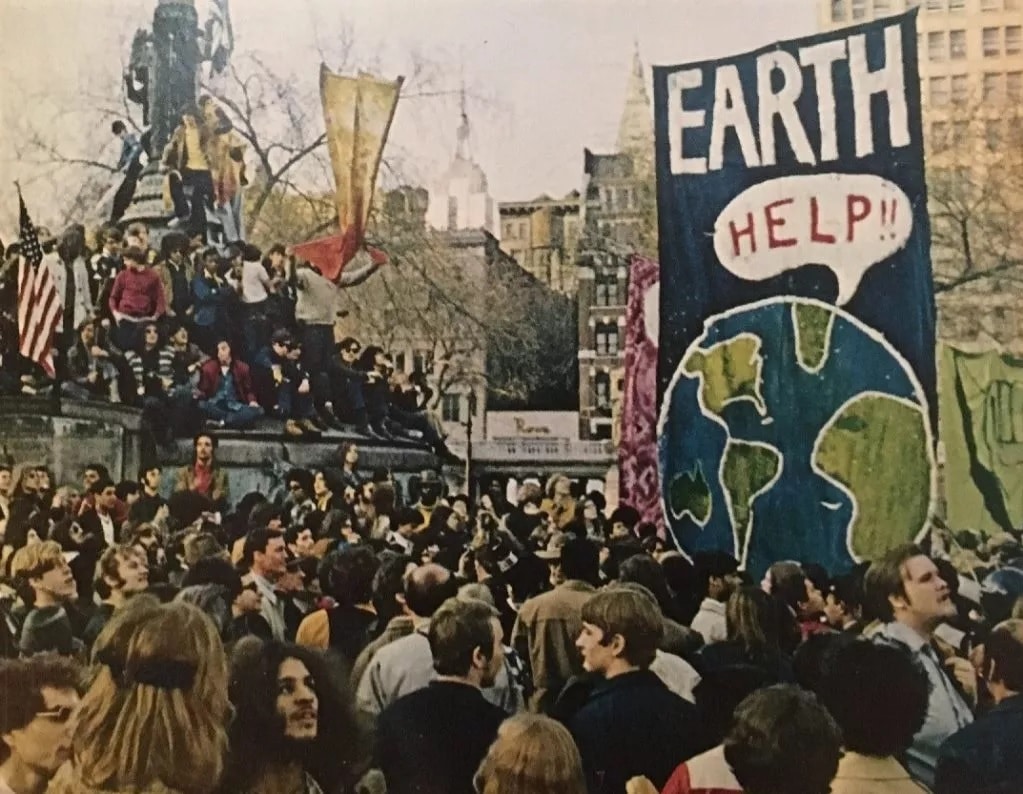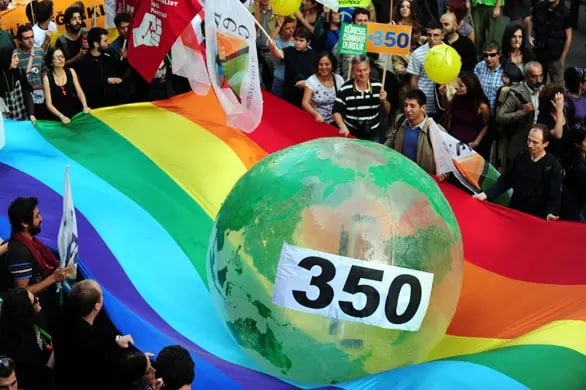Teaching Activity. By Say Burgin, Jeanne Theoharis, and Ursula Wolfe-Rocca.
Students learn to “talk back” to official accounts of the Detroit Uprising of 1967 by focusing on its root causes. They also get a fuller sense of Rosa Parks’s life and politics, and the Black freedom struggle outside of the South.
Continue reading
Teaching Activity. By Jessica Lovaas and Adam Sanchez. Rethinking Schools. 2021. Updated in 2023.
A lesson with case studies from Los Angeles; Birmingham, Alabama; Brooklyn; Detroit; Philadelphia, Pennsylvania; Albany, Georgia; and Cambridge, Maryland — to introduce students to the diverse struggles across the United States that were represented at the March on Washington.
Teaching Activity by Adam Sanchez
Continue reading
Book — Non-fiction. By Mariame Kaba and Andrea Ritchie. 2022. 400 pages.
No More Police calls on us to turn away from systems that perpetrate violence in the name of ending it toward a world where violence is the exception, and safe, well-resourced and thriving communities are the rule.
Teaching Activity by Mariame Kaba and Andrea Ritchie
Continue reading
Book — Non-fiction. By Christina Heatherton. 2022. 336 pages.
This book tells the international history of radical movements and their convergences during the Mexican Revolution, reconstructing how this era's organizers found new ways to fight global capitalism.
Continue reading
Book — Non-fiction. By Thulani Davis. 2022. 464 pages.
The author traces how people newly freed from bondage created political organizations and connections that mobilized communities across the South during Reconstruction, building on a long tradition of organizing against all odds.
Teaching Activity by Thulani Davis
Continue reading
Book — Non-fiction. By Heather McGhee. 2023. 240 pages.
This young readers’ edition analyzes racism in U.S. politics and policymaking, and provides a potential path forward through solidarity.
Continue reading
Book — Non-fiction. By Daniel Bullen. 2021. 320 pages.
A history of Shays’ Rebellion, where farmers challenged the state’s authority to seize their farms for flagrantly unjust taxes, told from the protesters’ perspective.
Continue reading
Two African American brothers — Charles and Alphonso Ferguson — were shot and killed by a white police officer in the segregated Freeport neighborhood of Long Island, New York.
Continue reading
A community of armed Black men and women in Christiana, Pennsylvania successfully defended four Black people from capture, serving as a catalyst for further armed self-defense within the abolitionist movement.
Continue reading
Film. Directed by Sam Pollard and Geeta Gandbhir. 2022. 90 minutes.
The story of young SNCC organizers who fought for voting rights and Black power in Lowndes County, Alabama.
Teaching Activity by Directed by Sam Pollard & Geeta Gandbhir
Continue reading
Book — Non-fiction. Edited by Anthony Arnove and Haley Pessin. 2023. 352 pages.
Speeches, essays, songs, and documents from a range of movements offering hope for those seeking to understand our recent history so they can better understand how to change it.
Continue reading
Inspired by the First Maroon War, a group of enslaved Ghanaian rebels in Jamaica sought to overthrow the British colonialists and create an independent Black nation on the island.
Continue reading
Teaching Activity. By Tiffany Mitchell Patterson and Jessica Rucker.
In this lesson, students explore the core ideas of Black Power through a gallery walk with images and quotes connected to the life of Rosa Parks, and then consider how to define Rosa Parks’s activism.
Continue reading
Book — Non-fiction. Edited by déqui kioni-sadiki and Matt Meyer. 2017. 648 pages.
The collective autobiography of the New York Panther 21, an infamous conspiracy case that highlighted government repression of Black liberation activists during the 1960s and 1970s.
Continue reading
Eatonville, Florida is the oldest Black-incorporated municipality in the United States, incorporated toward the end of the Reconstruction era.
Continue reading
Mary McLeod Bethune faced off against the Ku Klux Klan in defense of Black voting rights in Daytona, Florida.
Continue reading
A coalition of groups set up a series of road blockades preventing gas exploration in New Brunswick, Canada.
Continue reading
Teaching Activity. By Say Burgin, Jeanne Theoharis, and Ursula Wolfe-Rocca. 7 pages.
In this activity, students investigate Rosa Parks’ activism — and the gender and racial injustice to which it was a response — before and after her famous bus refusal.
Continue reading
Prisoners at Florida State Prison in Raiford, Florida, staged a sit-down strike to protest prison conditions. The 700 incarcerated protesters were met with gunfire by prison guards, leaving 63 prisoners injured.
Continue reading
Due to overwhelming opposition from activists and community members, construction of the Byhalia Connection oil pipeline in greater Memphis, Tennessee was canceled by its developers, Plains All American Pipeline.
Continue reading
In 1966, 14 Black employees filed a complaint with the EEOC claiming that they were discriminated against in hiring and promotion at a power plant in North Carolina. Five years later, the Supreme Court delivered its landmark unanimous ruling prohibiting discriminatory practices by employers.
Continue reading
Black leaders in Baton Rouge, Louisiana formed the United Defense League (UDL) to protest bus segregation and persuaded thousands of Black residents to boycott buses until an agreed upon compromise was met.
Continue reading
Led by the International Longshoremen’s and Warehousemen’s Union (ILWU), sugar workers on 33 of Hawai’i’s 34 plantations went on strike, which lasted almost three months and led to substantial improvements in pay, housing, and working conditions.
Continue reading
In April 1970, millions of people gathered around the country in one of the largest demonstrations in U.S. history to celebrate the first Earth Day and demand action be taken on a variety of environmental issues.
Continue reading
In the lead-up to an international conference on climate change in Copenhagen, climate activists organized a “day of action,” where millions of people gathered at thousands of events all over the world, demanding that governments and corporations work to slash CO2 emissions and enforce environmental protections.
Continue reading

